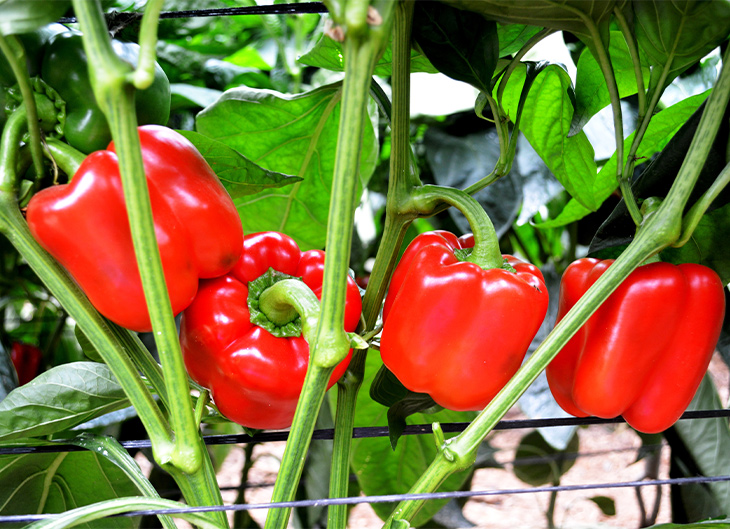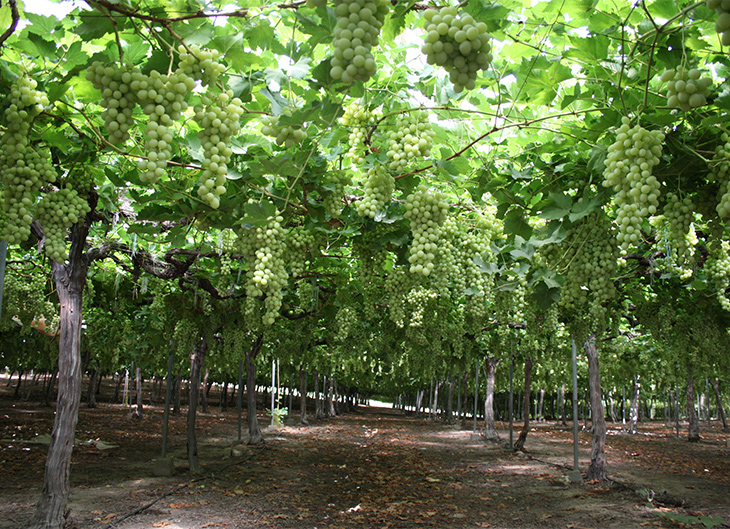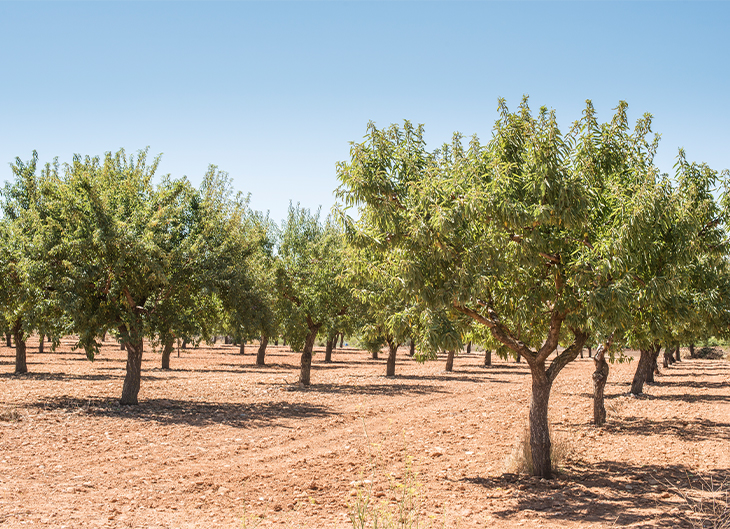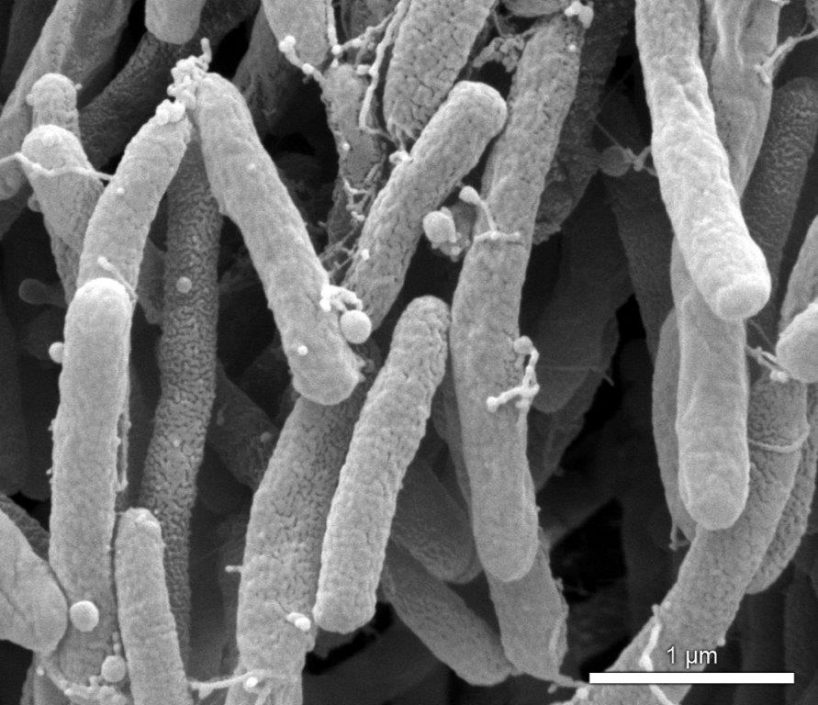
Xylella fastidiosa, a real threat?
On 12 and 13 December the International Meeting on Xylella fastidiosa was held at Valencia’s Athenaeum, organised by Phytoma España. The key objectives of the meeting were to illustrate the current state of Xylella fastidiosa, present the technical, political and governmental measures that have been taken in Europe to date, and listen to the demands and concerns of a sector that is extremely worried about its present and future.
The main researchers from around the world (IAS-CSIC, CNR-IPSP, AUBURN UNIVERSITY, IVIA, UPV, AGAPA, MAPA, etc.) took part in the meeting, sharing existing knowledge on the disease, which comes from many years of research in America and from advances made by the main European projects that are under way, such as XF-Actors and POnTE Project.
The threat for Europe, and specifically for the Mediterranean Basin, has become more serious in the last 5 years due to the range of genotypes of Xylella fastidiosa found in Italy, France and Spain, and the large number of hosts in which these genotypes have been found. Since 2013 when Xylella fastidiosa was discovered in olive groves in Puglia, Italy, this bacteria has become a globally significant pathogen which, until then, was believed to have been confined to the Americas and to other host plants, like vines and citrus fruits.
Xylella fastidiosa is a bacteria that never fails to colonise the plant and the insect vector. The epidemiology and dynamics of each pathosystem are very different and should be understood to be the result of interactions between the bacteria’s different genotypes, the host plants, the vectors, and of the effect of biotic and abiotic factors on these interactions, among which are included anthropogenic activities.

Regarding the latter, the meeting primarily dealt with the four main actors in the disease’s pathosystem – bacteria, host, vector and atmosphere – explaining what the current lines of research are and what advances are being made.
In addition, the different techniques for detection were shown (robots, high resolution hyper-spectral and thermal remote sensing, etc.), as well as epidemiology and control strategies, the legal framework in which it sits (in the EU Xylella fastidiosa is a disease that must be notified and it is a quarantine pathogen) and the current situation of Xylella around the world.
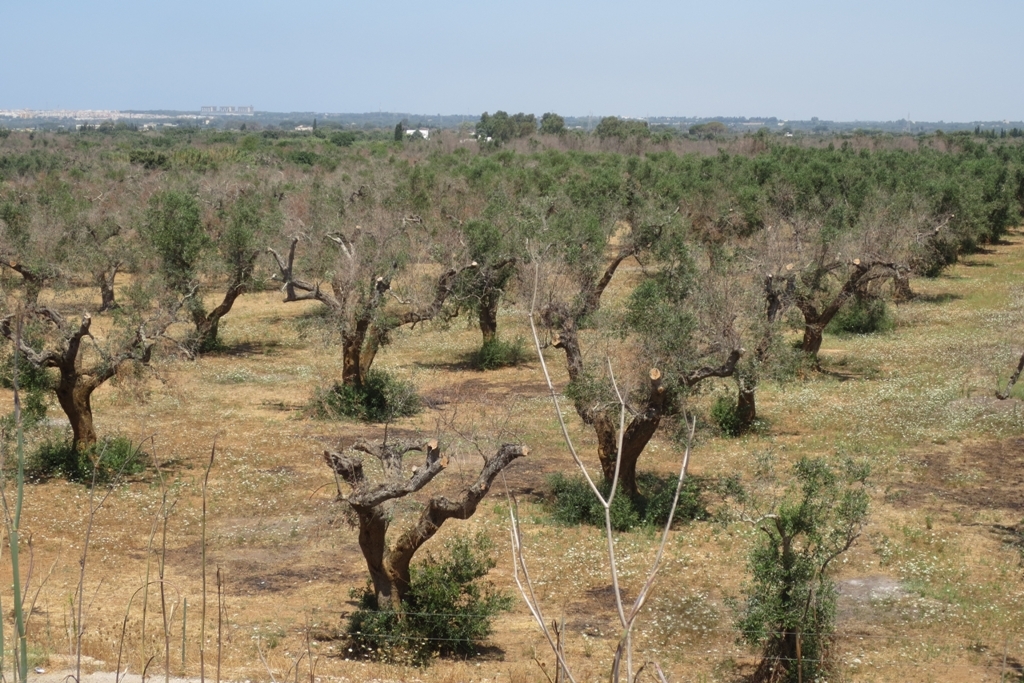
Image 1. The situation of Puglia’s olive groves affected by Xylella fastidiosa.
The characteristics of this bacteria make it particularly difficult to study and manage, and there are still many unanswered questions. Despite the fact that some of the diseases that it causes were identified more than a century ago (Pierce’s disease), there are still no treatments to prevent it from developing in infected plants.
It is important to highlight that to try to solve the problem, researchers, government bodies and farmers must work together.

